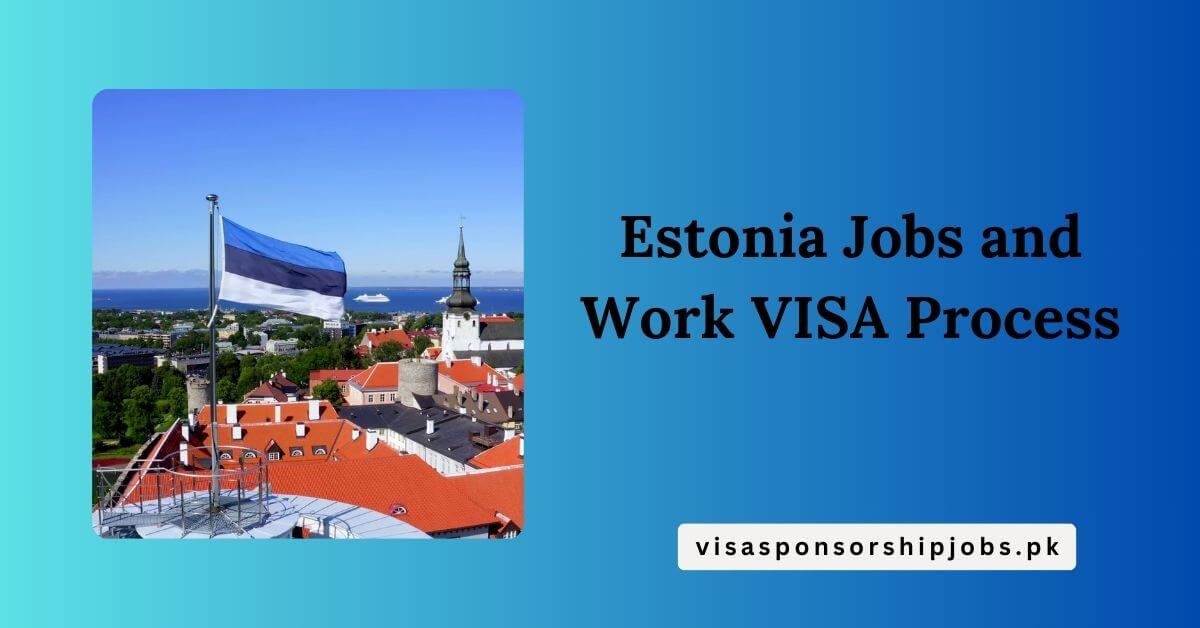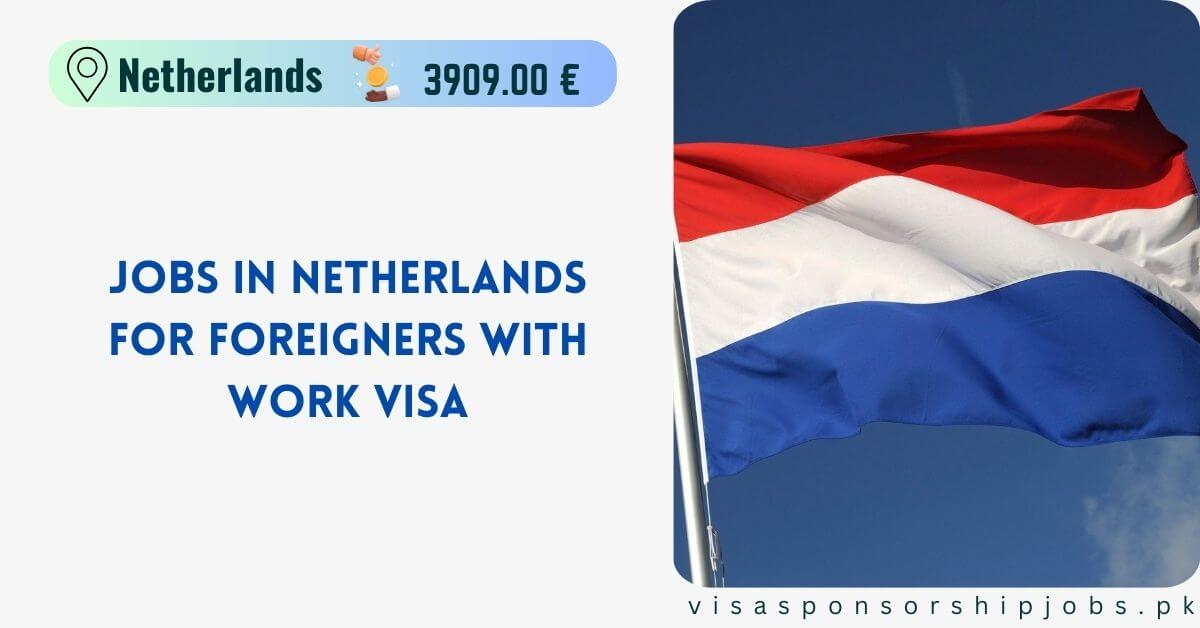Highest Paying Jobs in UK 2025 – Apply Now
The seven most desirable positions in the United Kingdom for foreign nationals, which do not impose any age restrictions or experience prerequisites. How to Apply for the Highest-Paying Jobs in the United Kingdom if You Are Not French. Examine the seven most desirable positions in the United Kingdom for foreign nationals, which are unrestricted by age or experience. Learn how to apply for the highest-paying jobs in the UK in a variety of sectors, such as Information Technology, Construction and Trades, Healthcare and Nursing, Engineering, Human Resources, Accounting and Finance, and Marketing.
List of Highest Paying Jobs in UK:
The economy has improved, and companies are now more willing to hire more people, making it less difficult to secure your first job in the UK than you may have previously believed. The hiring process will be more straightforward than it has been in the past decade, and the average starting salary for new employees will increase to £30,000. This is advantageous for individuals who intend to relocate to the United Kingdom.
Information Technology
The IT sector is experiencing an increase in employment opportunities as we transition to the digital era. Adzuna reports that the number of online job listings has increased by 6.5%, and 13,000 of these positions necessitate programming skills, indicating a significant demand for IT professionals.
Programming skills are highly valuable in the IT employment market due to the necessity of programmers in order to create engaging software. After only one or two years of employment, IT graduates can earn £45,000 annually. This opportunity should be capitalized on by foreign laborers who possess computer skills.
Construction and Trades
The United Kingdom is experiencing a significant shortage of plumbers, architects, surveyors, and estimators. This is due to the proliferation of new construction projects and structures in recent years.
The average annual salary for construction laborers in the United Kingdom has increased significantly from £44,000 to £49,000. There are numerous employment opportunities in the construction industry, which accounts for 6% of the British economy, when the economy is performing well. In March, there were more than 50,000 job openings.
Healthcare and Nursing
There are numerous employment opportunities in the United Kingdom’s healthcare, nursing, and other medical sectors as a result of its dense population. For a list of specific expert healthcare positions that are presently available, consult the UK’s Government-approved shortage occupations list.
The majority of the new nurses in British hospitals are from countries other than Britain. Nigeria, Spain, and the Philippines comprise approximately 20% of them. The compensation for senior healthcare positions ranges from £100,000 to £30,000 for entry-level positions.
Engineering
Although engineering is a highly qualified profession, the United Kingdom is currently experiencing a significant shortage of engineers, with 90,000 job openings. This issue has persisted for years and has a significant impact on industries such as aerospace, transportation, and bridge repair.
Despite the extensive academic requirements, engineering is a highly lucrative field. In entry-level positions, new graduates can earn up to £40,000 annually, and senior engineers will ultimately earn even more.
Human Resources
As the number of individuals seeking employment in Britain increases and unemployment decreases, there is a greater demand for human resources professionals to manage job applications and recruit new employees.
If you possess the necessary knowledge and are capable of communicating effectively in English, obtaining employment in the human resources sector is a straightforward process. The annual salary is contingent upon age and experience, ranging from £40,000 to £50,000. Individuals who are interested in these positions may obtain sponsorships for their visas.
Accounting and Finance
The ability to perform accounting is essential for both the operation of a business and the development of long-term job prospects. Nevertheless, the shortage of accountants in Britain is a result of the hiring of a greater number of youthful, partially qualified students by firms.
Accounting is a secure profession that does not undergo significant fluctuations during periods of economic instability. Currently, there is a significant demand for entry-level positions in accounting, reporting, and risk management. The number of employment openings in accounting and finance has increased by 11%. Visa assistance is feasible for these positions.
Marketing
In the fast-paced technology era, marketing skills are crucial for business growth. Currently, it is effortless to secure employment in the United Kingdom if one possesses practical technological abilities and is proficient in employing specific marketing strategies.
The United Kingdom is experiencing a significant shortage of qualified marketers due to the fact that a significant number of individuals lack experience with digital marketing, which was not a significant business trend a decade ago.
Marketing is an unfilled position that generates an annual salary of £45,000. Foreign nationals who possess expertise in digital marketing may effortlessly secure employment in this sector.
Check Also: Leeds Labourer Jobs in UK – Visa Sponsorship
Benefits of Highest Paying Jobs in UK:
- High Salary: These positions provide substantial compensation, which frequently includes bonuses, allowances, and performance-based incentives.
- Job Security: Numerous positions that provide substantial compensation, including those in finance, law, and medicine, provide the opportunity for long-term stability and expansion.
- Career Advancement: High-paying positions frequently offer distinct opportunities for professional and personal development.
- Prestige: These positions are frequently held in high regard and are associated with a distinguished reputation, which can elevate one’s professional and personal status.
- Networking Opportunities: Interacting with influential individuals is frequently a requirement for high-paying positions, which can result in the establishment of valuable connections.
- Work-Life Balance: Numerous high-paying positions, particularly those in the technology and consulting sectors, provide remote work or flexible working hours.
- Generous Benefits: Health insurance, retirement contributions, paid holidays, and gym memberships are among the numerous benefits that numerous high-paying employers offer.
- Specialized Skills Development: These positions frequently necessitate specialized training or education, which enables you to refine advanced, in-demand skills.
- Global Mobility: A significant number of these positions, particularly those in finance, technology, and healthcare, permit international employment.
- Influence and Impact: High-paying positions in sectors such as healthcare, law, and management frequently involve decision-making responsibilities that have a substantial impact on business or societal outcomes.
Conclusion:
Examine the extensive selection of employment opportunities that are accessible to individuals from outside the United Kingdom in 2025. The employment market in the UK is highly favorable for foreign workers who possess expertise in IT, construction and trades, healthcare and nursing, engineering, human resources, accounting and finance, or marketing. Discover the necessary steps to secure these lucrative positions and commence your successful career in the United Kingdom.
For More Info:
Email Your CV, and We’ll Find the Best Pathway For you: info@visasponsorshipjobs.pk
Frequently Asked Questions:
What are the highest-paying jobs in the UK?
Roles in medicine (including surgeons and anesthetists), law (including corporate lawyers), finance (including investment bankers and financial directors), technology (including IT directors and software engineers), and management (including CEOs and business directors) constitute some of the highest-paying positions in the United Kingdom.
How much do the highest-paying jobs in the UK pay?
High-paying positions can bring in an annual compensation of £100,000 or more, although salaries may fluctuate. For example, a surgeon or corporate litigator can earn over £150,000 yearly, while finance and technology directors can earn more than £200,000 with bonuses and incentives.
What qualifications do I need to get a high-paying job in the UK?
A university degree in a specialized discipline is required for the majority of high-paying positions. Other qualifications, such as postgraduate degrees, years of experience in a specific field, professional certifications (e.g., ACA for accounting, CFA for finance), or additional qualifications, may also be required.










